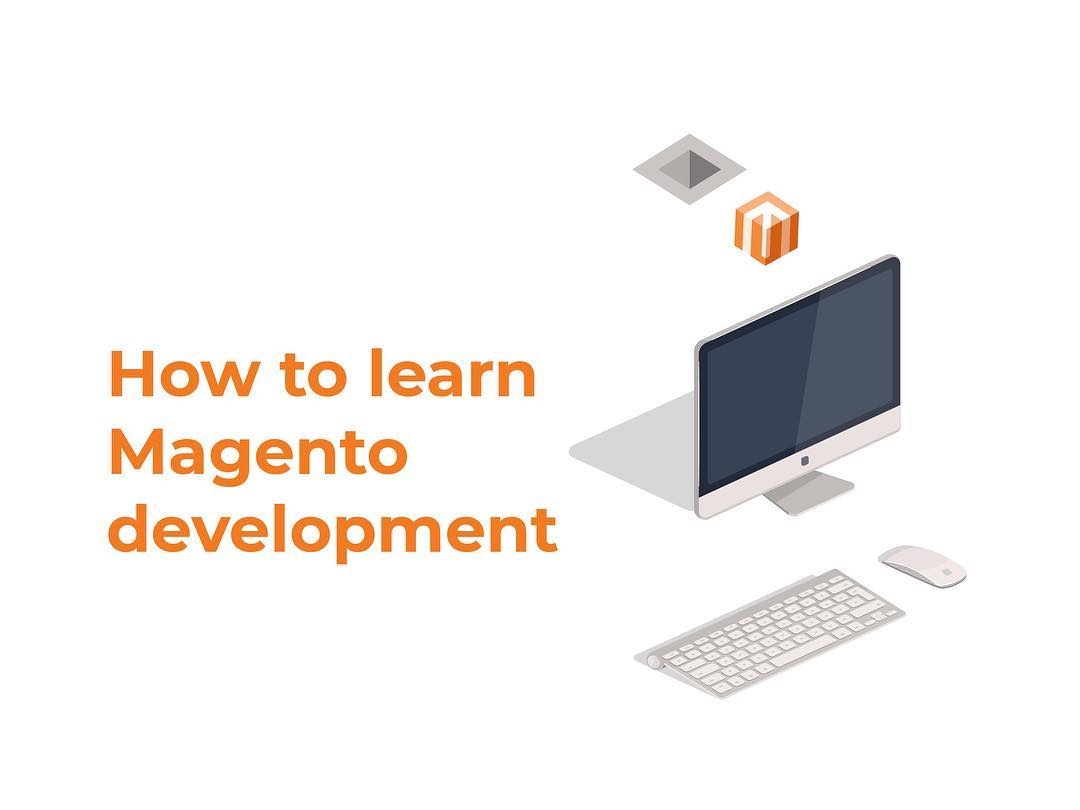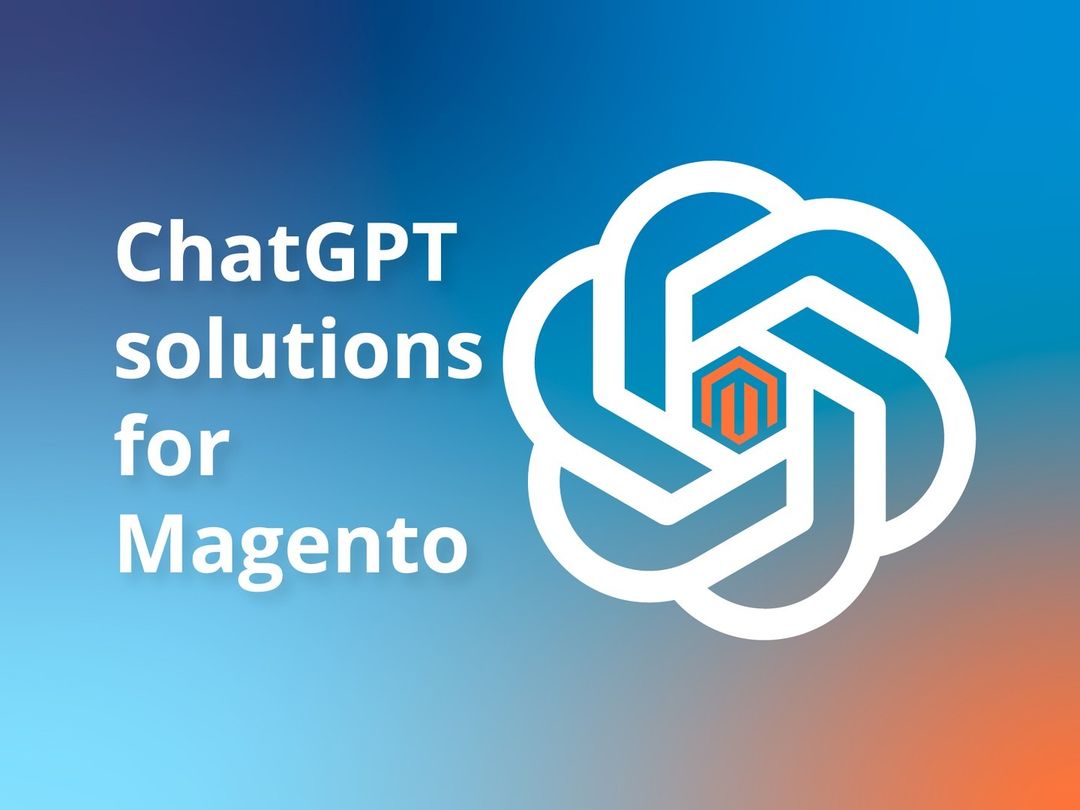Why learn Magento 2?
There are numerous reasons why you might want to learn Magento 2: you’ve gotten a project on Magento 2, your client has asked to migrate his web store to Magento 2, you want to enrich your skill set to be more competitive as a freelance developer, etc. There is only one reason that you really need to learn how to develop on one of the most powerful and fast-growing eCommerce platforms - top-notch Magento 2 Developers are in high demand, so this knowledge is definitely worth the time that you’ll spend studying it.
And successfully passing the Magento Certification Exams is a golden ticket to a prosperous web development feature.
Why is there a lot of buzz about Magento 2 and Magento 2 Certification?
Over the past few years, not only has the number of websites using Magento increased dramatically, but so has the number of developers specializing in this platform. And as Magento is preferred by big enterprises and middle-sized business risks that unqualified developer can screw up your projects are too high and can cost for business like a fortune. Thus gaining Magento Certification differentiates top-notch developers from their competition. Also, companies can easily find a qualified developer or team to make sure their website is in good hands asking for that Magento Certification.
But why is this certification so crucial for Magento 2?
There are about 6,000 Magento Certified Developers worldwide out of more than 300,000 developers in Magento’s global community. However, development on Magento 2.x significantly differs from Magento 1.x, so even if a developer has passed Magento 1 Certification, that doesn’t guarantee that he will easily adapt to Magento 2.x development.
Magento started Magento 2 Certification program just in the beginning of 2018. At this time, to pass the MAGENTO 2 CERTIFIED SOLUTION SPECIALIST Exam you need to have practical experience working with Magento 2 projects, as most of the 60 questions are practical. There is a slim chance of passing the exam only with theoretical knowledge, even if you’d watched and read all the available tutorials. The best way to get ready for this Certification is to learn the theory, develop 3-5 Magento 2 modules, and start working with live Magento 2 projects which will cover the Magento Admin experience, checkout, payment integration, product and catalog customizations, and some general customizations, like layout customization. Only that will give you practical experience with all these interfaces, IPs, configurations, dependency injections, virtual types, UI components, etc.
Ways to learn Magento
For all those interested in making money in the Magento field, there are several approaches to learning Magento basics and best practices.
1. Magento Development Courses (provided by Magento)
FREE INTRO TO MAGENTO 2 DEVELOPMENT TOTAL PRICE - FREE LENGTH - 4 HOURS PREREQUISITES Solid PHP development background, understanding of Composer and MySQL. OOP experience and understanding of key patterns (GoF, GRASP). Recommended at least 2 years of development experience with PHP + MySQL + Apache/Nginx. This course provides basic knowledge about Magento Open Source 2.2 and Magento Commerce 2.2 backend and frontend development. It’s almost an introduction into Magento 2 that won’t allow you to pass the certification exam, but with Magento 2.2 Developer Documentation and Magento Documentation and Resources it can become a foundation for building a simple project on Magento 2.
FUNDAMENTALS OF MAGENTO 2 DEVELOPMENT (ON-DEMAND) TOTAL PRICE - $689 LENGTH - 6-8 HOURS PER UNIT PREREQUISITES Experience working with the Magento 1 platform. Unit 1: Preparation and Configuration Unit 2: Request Flow Unit 3: Rendering Unit 4: JavaScript in Magento Unit 5: Database Unit 6: Service Contracts Unit 7: AdminHTML This courses allows developers to dive deeper into Magento Commerce v2.2 and Magento Open Source v2.2 backend development.
CORE PRINCIPLES FOR THEMING IN MAGENTO 2 (ON-DEMAND) TOTAL PRICE - $375 LENGTH - 9 HOURS PREREQUISITES CSS & CSS 3, HTML & HTML 5, XML, basics of PHP and comfortable level of experience using the command line. This course aids front-end developers in learning to handle Magento Community Edition v2.1.0 development.
2. Magento Development Guides and Courses (provided by developers from the Magento Community)
For those who are looking for alternatives to official Magento U courses, there are several options, like Magento 2 courses at Udemy and Lynda, or local developers and companies that train Magento certified specialists and organize meetups. You can find upcoming Magento meetups in your region at Meetup and join the relevant group. For instance, in Ukraine you can attend Magento meetups organized by Atwix or Magento 2 Boot Camp (by Eltrino). Such events and courses are great sources of relevant Magento development experience.
Other sources of Magento wisdom are:
- Mage2.tv - Magento 2 Developer Screencasts by Vinai Kopp
- Max Pronko DevChannel and Max Pronko Blog
- MageTalk: A Magento Community Podcast - Community Podcast by Kalen Jordan and Phillip Jackson.
- Magento 2 - Alan Storm Magento 2 blog/tutorial
- FireBear Studio Blog
- Magestore Magento 2 tutorial
- Magento Forum - Community Forum by Magento
- Magento Developer Blog - Developer Blog by Magento
Some handy stuff on GitHub:
- Magento Github Repository - Github Repository
- Magento PHP CS Fixer - CS Fixer specific for Magento 2
- Magento 2 Code Samples - Samples to introduce and demonstrate new technologies in Magento 2
- Magento 2 DevBox - Dockerbox built by Magento
3. Learn by doing
When you’ve already learned the core concepts and how they apply to Magento 2 architecture, you have to put this knowledge into practice. As learning by itself does not lead to progress, new knowledge does not necessarily drive new results. If you don’t have a Magento 2 project to work on right now, you can try building modules or creating themes with a live demo. Find companies that are developing a Magento extension, choose the extension and try to recreate the same features with an online demo. Then compare your code line-by-line with the original one, read the comments, and look at the documentation for it, if available. You can make the same with Magento themes. Attend specific workshops, find tasks on freelance platforms.







